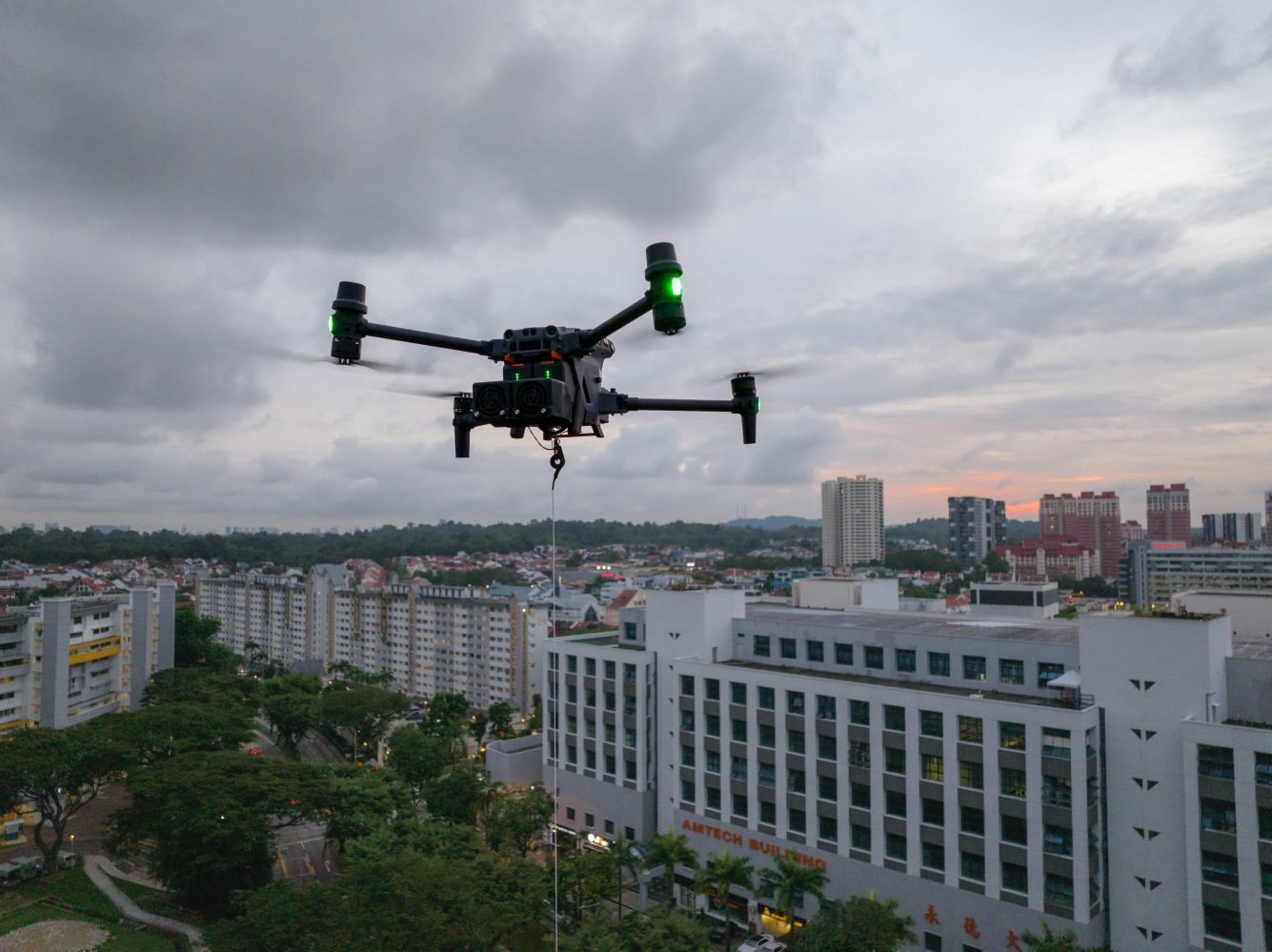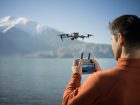
It will come as no surprise to DroneDJ readers that political efforts have been afoot – and gaining momentum – to blacklist drones made by global leader DJI for the threats they allegedly pose of leaking user data to the spying eyes of officials in China. A new report offers an indication of just how steep – and expensive – that legislative push to sideline those UAVs across the US promises to be.
Though offering only a partial view of how prevalent DJI drones are in the fleets of US public service users (not to mention throngs of enterprise operators and private enthusiasts), a new article by Forbes does provide an idea of the vast consequences and costs that existing and future blacklists of company craft will invariably have.
Read: New US bill seeks far broader ban on DJI drone use
Citing data obtained via third-party Freedom of Information petitions, the publication documents UAVs made by DJI – as well as its fellow China-based yet vastly less-stigmatized competitor Autel – making up two-thirds of craft operated by government agencies and police departments in three large eastern US states.
One of those – Florida – has already passed a law replicating federal blacklists of DJI craft for use by certain public administrations. That ban subsequently forced state lawmakers to provide $25 million to police departments deprived of their DJI drones to procure new, more expensive, and often less effective options produced by domestic and foreign (just non-Chinese) manufacturers.
Other US states, including Arkansas, have followed Florida’s lead banning DJI UAVS for deployment by police and other public agencies. Still others like Alabama have similar legislation in the works. If Florida’s law provides any instruction, those blacklists will wind up costing taxpayers a lot of money, and leave public service users seriously hacked off about the aerial capabilities lost from them.
Read: Report of DJI ‘Chinese drone threat’ in DC skies should direct accusing finger at US legislators
Moreover, certain agencies covered by previous bans on DJI drones applicable to federal administrations like the Department of Defense and Department of Commerce have relied on loopholes – or merely ignored interdictions – to continue deploying the craft as apparently irreplaceable.
Officials at the Federal Bureau of Investigations and Department of Homeland Security have confirmed ongoing deployment of the blacklisted drone as necessary to respond to identified threats to the public – those, unlike the data leak and other accusations leveled at DJI , having been duly substantiated and documented.
Top comment by Paul
No one seems to mention that buying a new Skydio 2+ has been impossible for months now. I don't know if other US prosumer drones are available? Forget the few thousand drones used by public service or government, think of the millions of other users. If we are supplying sensitive data to foreign governments, what will be the cost of us getting non chinese drones?
Now the Forbes piece offers an idea of just how large a blacklisting of DJI drones would be on the state and local level. Information it obtained includes:
- Of “550 drones registered by government and police departments” in New Jersey of April this year, “over 440 were DJI and 65 were Autel.”
- Of the more than 3,000 registered UAVs in state fleets affected by Florida’s law, “over 1,500 were DJI and nearly 300 were Autel.”
- The 530 drones operated in New York state for official operation counted 461 DJI and 29 Autel craft in their midst.
- Collectively, the two companies’ drones made up 68% of all public service UAVs on record in the three states audited.
- State police in Maryland, and the law enforcement department of Fredericksburg, VA – just 50 miles south of Blacklist Central, Washington, DC – both fly exclusively Chinese-made fleets dominated by DJI craft.
DJI has forcefully reiterated denials of accusations that its drones leak data back to Beijing that have been used to justify creation of or calls for blacklists. The company also rejects attendant claims it is partially owned by and has been an accomplice to activity by the Chinese government repressing human rights.
Read: Leaker suggests DJI Air 3 drone release slated for June or July
Despite those refutations – and the absence of evidence US and state lawmakers have produced supporting their claims – the spread of blacklisting continues slowly spreading across the US, no matter the reduced capabilities of affected agencies or the replacement costs passed on to taxpayers.
FTC: We use income earning auto affiliate links. More.





Comments